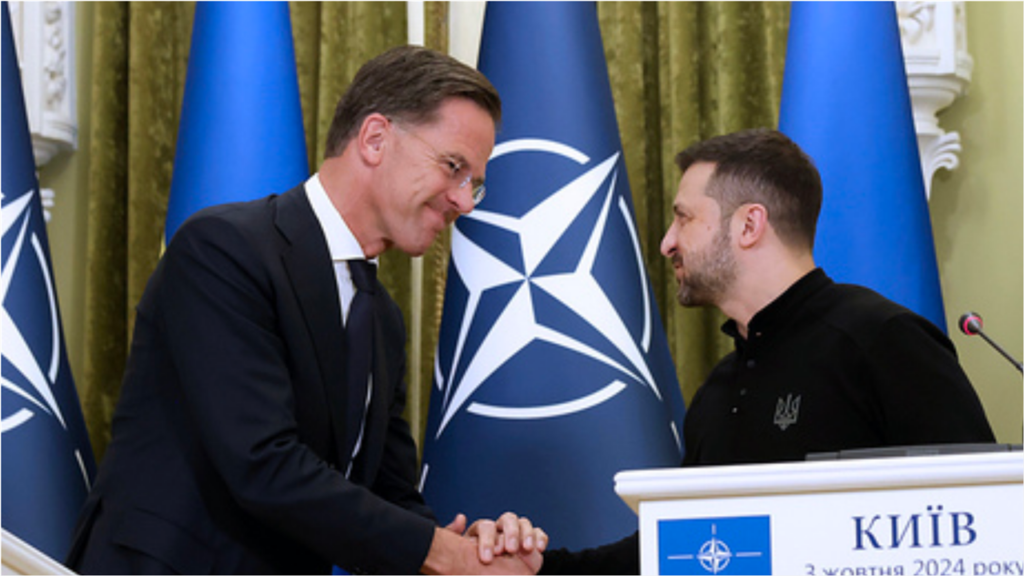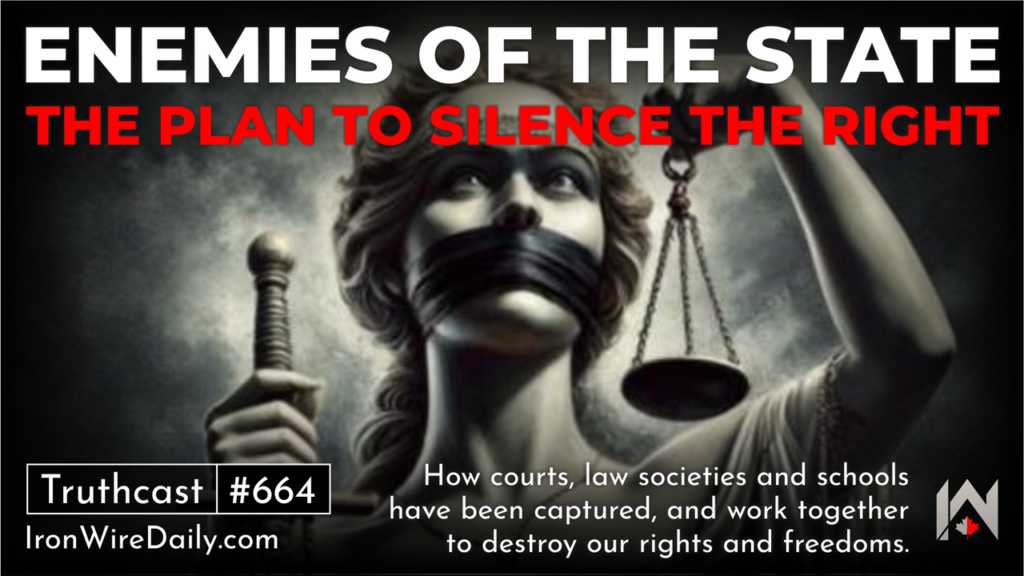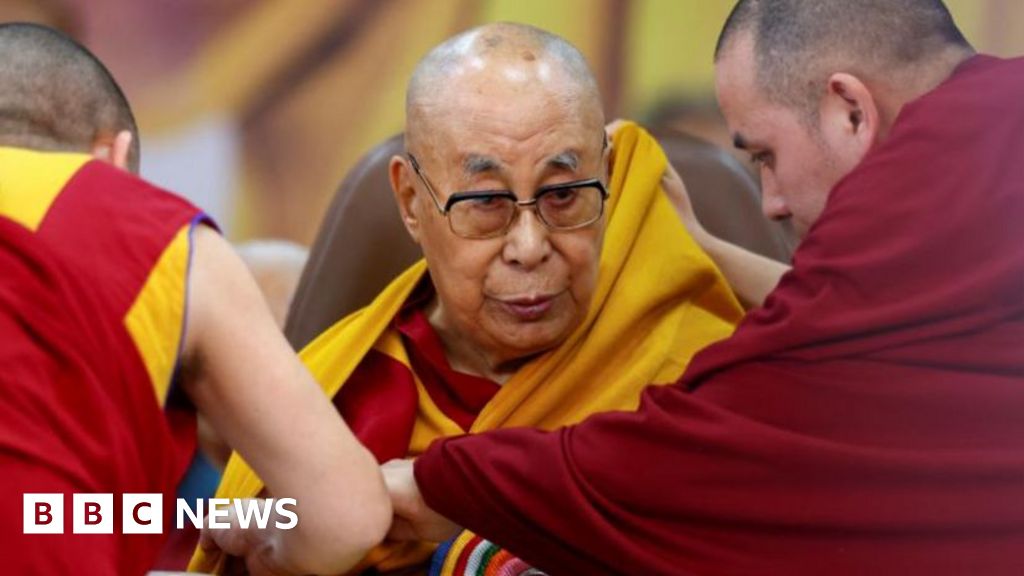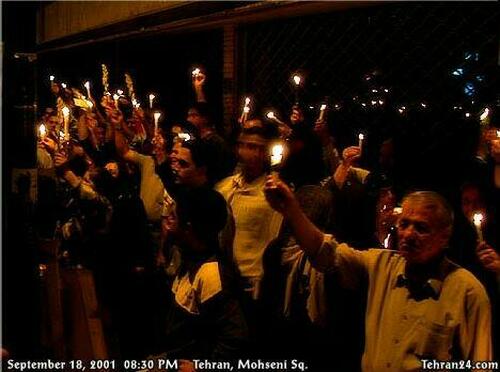Weakened By War And Syrian Regime Change, Hezbollah Considers Major Demilitarization
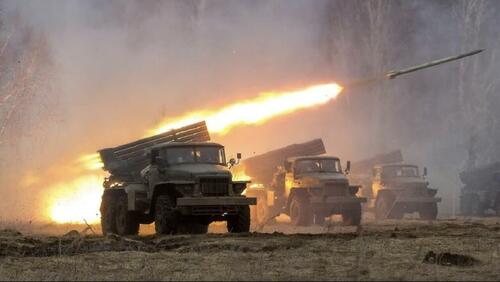
Prompted by military losses and shifting regional geopolitics, the Lebanese political and militant group Hezbollah is considering a major strategic shift that would see the group undertake a major disarmament, Reuters has reported, citing three sources familiar with the group’s deliberations.
In solidarity with Gaza, Hezbollah began attacking Israel on the day after the Oct 7 2023 Hamas invasion of Israel, but suffered mightily for doing so. The Israel Defense Forces (IDF) hammered Lebanon with airstrikes and then an invasion. In September 2024, Israel unleashed a devious mass attack on Hezbollah members, detonating thousands of pagers that Israeli intelligence had loaded with the explosive PETN. Nearly 3,000 people were wounded and at least a dozen killed, including two children. That same month, an Israeli airstrike killed the group’s leader for 32 years, Hassan Nasrallah.
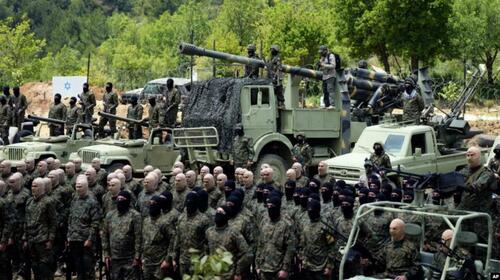
Pursuant to the November ceasefire that ended its recent war with Israel, Hezbollah has turned over security responsibilities south of the Litani River to the Lebanese Armed Forces. Alongside that shift, the group has also handed over weapons depots in that part of the country, Reuters reports. Now the group’s leadership is considering a handover of its formidable missile and drone arsenal — which pose the greatest threat to Israel — provided Israel withdraws its remaining troops from southern Lebanon. Hezbollah would retain lighter weapons, including antitank missiles.
Israel has continued to strike targets in southern Lebanon. Late June brought the biggest Israeli attack on Lebanon since the ceasefire agreement, with the IDF claiming it had struck a “significant underground project” used by Hezbollah. Thursday brought this bystander-endangering strike, which the IDF said was aimed at an arms smuggler associated with Iran’s Quds Force:
BREAKING | Israel has bombed a vehicle on a crowded highway just 8 miles south of Beirut, Lebanon.
The attack is part of near-daily Israeli strikes on Lebanon despite a ceasefire with Hezbollah in place since November. The Israeli military said it targeted a figure involved in… pic.twitter.com/tfrytDr3WI
— Drop Site (@DropSiteNews) July 3, 2025
Hezbollah’s position has also been weakened by the December fall of Syria’s Assad regime, as a years-long US-led regime-change effort finally culminated in the secular, Iran-friendly Bashar al-Assad being replaced by the former leader of Jabhat al-Nusra, a Syrian offshoot of al Qaeda that Hezbollah had fought against; Hezbollah also helped turn the tide against ISIS. The turnover of Syrian control severed the overland supply route connecting Hezbollah to its principal sponsor, Iran. In February, the Lebanese government banned commercial flights between Beirut and Tehran, in deference to Israeli accusations that Iran used the flights to ship cash to Hezbollah.
Last month brought a telling illustration of Hezbollah’s weakened position. After years of anticipation that the group would unleash its missile arsenal in the event Israel launched a major attack on Iran, Hezbollah stood on the sidelines during last month’s 12-day war, choosing to confine its support of Iran to official statements condemning Israel’s aggression, with a side of saber-rattling. In 2018, Hezbollah was estimated to have a rocket and missile arsenal comprising more than 130,000 projectiles, making it the most potent non-state military force on Earth.
Internal Lebanese politics are also playing a role in Hezbollah’s reconsideration of the extent to which it remains a military force in addition to a political one:
Lebanon’s government also wants Hezbollah to surrender the rest of its weapons as it works to establish a state monopoly on arms. Failure to do so could stir tensions with the group’s Lebanese rivals, which accuse Hezbollah of leveraging its military might to impose its will in state affairs and repeatedly dragging Lebanon into conflicts. — Reuters
If it comes to pass, Hezbollah’s demilitarization would represent a huge shift in the Levant’s geopolitical picture. With the group having served as both a defender of Lebanon and an instigator of fighting with Israel that brought destruction upon Lebanon, time will tell if the development is a net positive for the country.
Loading…


